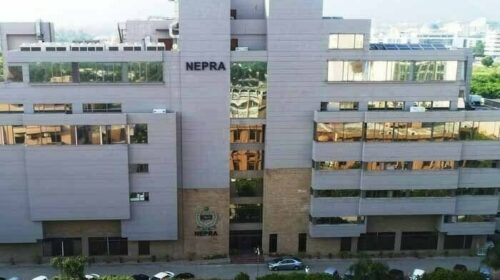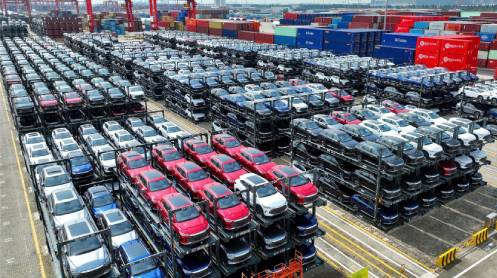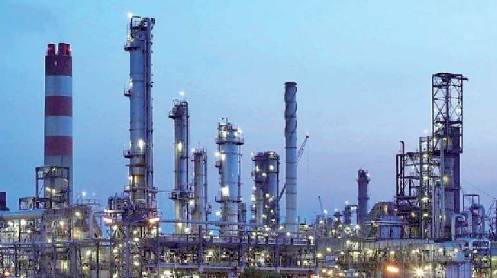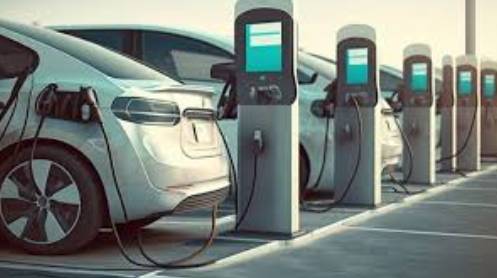National Electric Power Regulatory Authority (Nepra) on Monday gave its assent to increase K-Electric (KE) tariff by Rs 1.29 per unit for February 2022 under monthly Fuel Charges Adjustment (FCA) mechanism.
This was the crux of the public hearing conducted by Chairman Nepra, Tauseef H Farooqi, Member Sindh, Rafique Ahmad Shaikh and Member KP, Maqsood Anwar Khan. The KE team led by Director Finance, Ayaz Jaffar presented the case.
KE, in its tariff adjustment request, had sought an increase of Rs3.45 per unit for February 2022 under FCA on the basis of fuel cost data to recover Rs 3.950 billion from the consumers.
However, calculations of Nepra’s technical team were far different from the claims of power utility as for the energy purchased from CPPA-G in February 2022, KE used the rates based on CPPA-G request which is yet to be approved.
Dec FCA: NEPRA slashes KE tariff by Rs2.59 per unit
The provisional rate of Rs 8.9396/ kWh for Discos for the month has been used instead of Rs 12.4614/ kWh as claimed by KE. This has a favourable impact of Rs 2.429 billion for the consumers.
During the hearing, it was revealed that KE, in its claims, has used RLNG rate of Rs 2,479.61 per MMBTU whereas Rs 2,449.05 has been verified from its RLNG bills. This has resulted in favourable impact of Rs 41.61 million for the consumers. A similar deduction in M/s Lotte has resulted in an impact of Rs 0.52 million.
Nepra has also made deductions of Rs 1.22 million and Rs 3.91 million in power purchase from M/s Tapal and M/s Gul Ahmed respectively.
Chairman Nepra remarked that FCA adjustment for February will be Rs 1.29 per unit, which is less than positive adjustment of Rs 3.28 per unit for January 2022 which implies that impact of FCA has reduced to Rs 1.99 per unit for February.
He further maintained that since Prime Minister has also announced a reduction of Rs 5 per unit for domestic consumers using upto 700 units, the reduction will be substantial in their bills.
The issue of net metering in KE also came under discussion, when one of the interveners from Karachi sought a couple of clarifications on the process of installation, delay in installation of net meters, and ownership of meters.
Chairman NEPRA once again opposed load shedding based on AT&T losses, saying that the regulator has raised objection on this mechanism at different forums. He said it is collective punishment, which is not justified for those consumers who are good pay masters.
He further argued that AMR meters should be installed on transformers so that only those consumers should be disconnected who are involved in theft or not paying their bills instead of punishing all consumers by shutting down the entire feeder.
Member Sindh, Rafique Ahmad Shaikh enquired from KE that since KE has installed AMR meters on transformers, what is the hurdle in disconnecting those who do not pay bills and are stealing electricity.
CFO KE, Aamir Ghaziani responded that there are still technical hurdles in disconnecting those consumers who are not paying bills, adding that AMR meters are helpful in gathering information about losses.
Tanveer Barry Chairman, public sector utilities (power and gas) Sub Committee of KCCI said that KCCI rejects any increase in FCA.
“We protest against Nepra. When Nepra has already issued tariffs why does it allow FCA additional charges payable by consumers. Nepra should not allow any increase in FCA or subsidy should be given to the consumers”, he said lamenting as to how industry will survive with an increase in FCA every month. Industry and traders are already facing crisis because of devaluation of the currency every day as major industries import raw material, he added. Regarding load shedding he said 30 percent of Karachi is facing load shedding in low loss and high loss areas and questioned why those people are facing load shedding when they are paying their bills and are not involved in electricity theft.
Another intervener, Anil Mumtaz, criticised Nepra for twisting facts arguing that the regulator must be punished for taking illegal actions.







